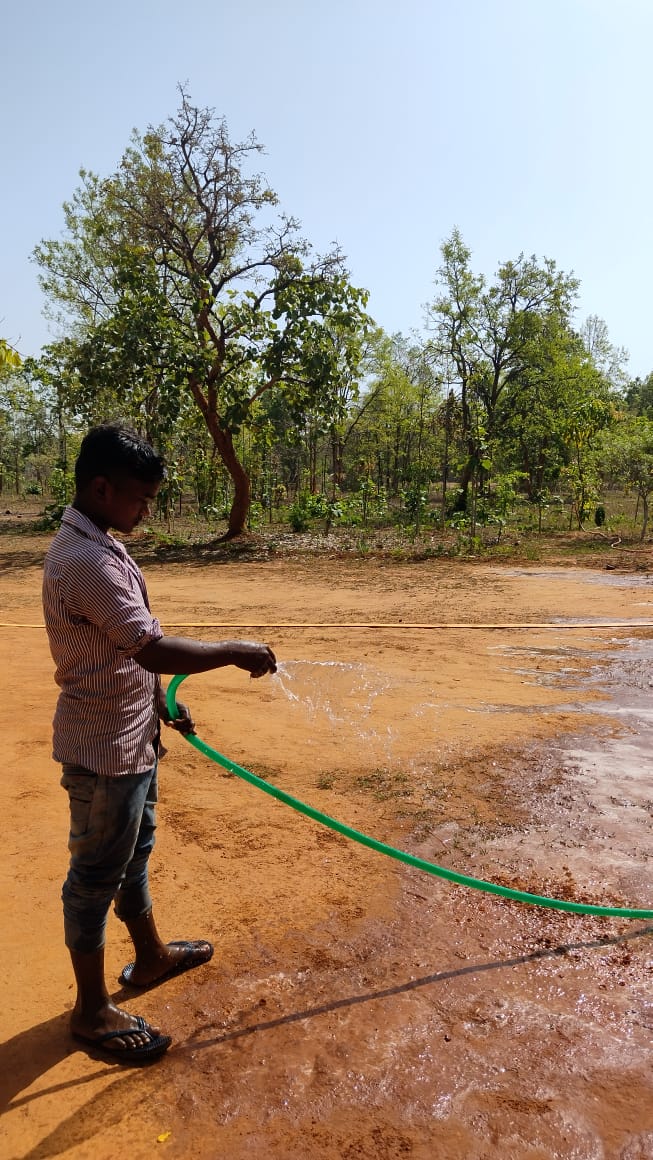Hand Tools: Indian Farmers & Migration Opportunities

Mechanized farming has become prevalent in many parts of the world, hand tools still hold importance in certain farming practices. Here are 10 differences highlighting what Indian farmers can do with hand tools that farmers using farm machinery in other regions may not:
- Precision in Small-scale Farming: Hand tools allow Indian farmers to work with precision on small-scale farms, navigating tight spaces and intricate crop patterns more effectively.
- Customization: Hand tools offer flexibility for farmers to customize their work according to specific needs, adapting to diverse crops, terrains, and soil conditions.
- Cost-effectiveness: Hand tools are often more affordable than farm machinery, making them accessible to farmers with limited resources and small land holdings.
- Versatility: Hand tools can perform multiple functions, allowing farmers to switch between tasks quickly and efficiently, reducing the need for specialized equipment.
- Environmentally Friendly: Hand tools have a smaller carbon footprint compared to machinery, promoting sustainable farming practices and reducing greenhouse gas emissions.
- Enhanced Crop Care: Hand tools enable farmers to closely interact with crops, facilitating meticulous weed control, gentle harvesting, and delicate operations like pruning and grafting.
- Soil Health Maintenance: Hand tools allow farmers to work the soil gently, avoiding excessive compaction, which can preserve soil structure and promote healthy microbial activity.
- Adaptability to Sloped Land: Hand tools provide better maneuverability on hilly or sloped terrains where machinery may be impractical or pose a risk.
- Community Engagement: Hand tools often require manual labor, fostering a sense of community engagement as farmers work collectively, supporting social cohesion.
- Skill Development: Working with hand tools requires a high level of skill and craftsmanship, allowing farmers to develop expertise that can be passed down through generations.
The choice to adopt mechanized farming practices is a decision that farmers and communities must evaluate based on their specific circumstances, resources, and long-term sustainability goals. However, at Bagdara Farms, we choose this as this serves our purpose in the middle of this national reserve forest.
Becoming a farmer is increasingly seen as a profession of aspiration due to changing perspectives on food security, sustainability, and the desire for a closer connection to nature. Many individuals, especially the younger generation, are recognizing the importance of farming in ensuring a stable food supply, promoting environmentally friendly practices, and embracing a fulfilling lifestyle centered around nature and community. As a result, aspiring to be a farmer is becoming a popular choice, offering the opportunity for personal fulfillment, contributing to society, and experiencing a harmonious connection with the land.
Countries like Canada are offering visas to Indian Farmers without having them go through the IELTS exams.

